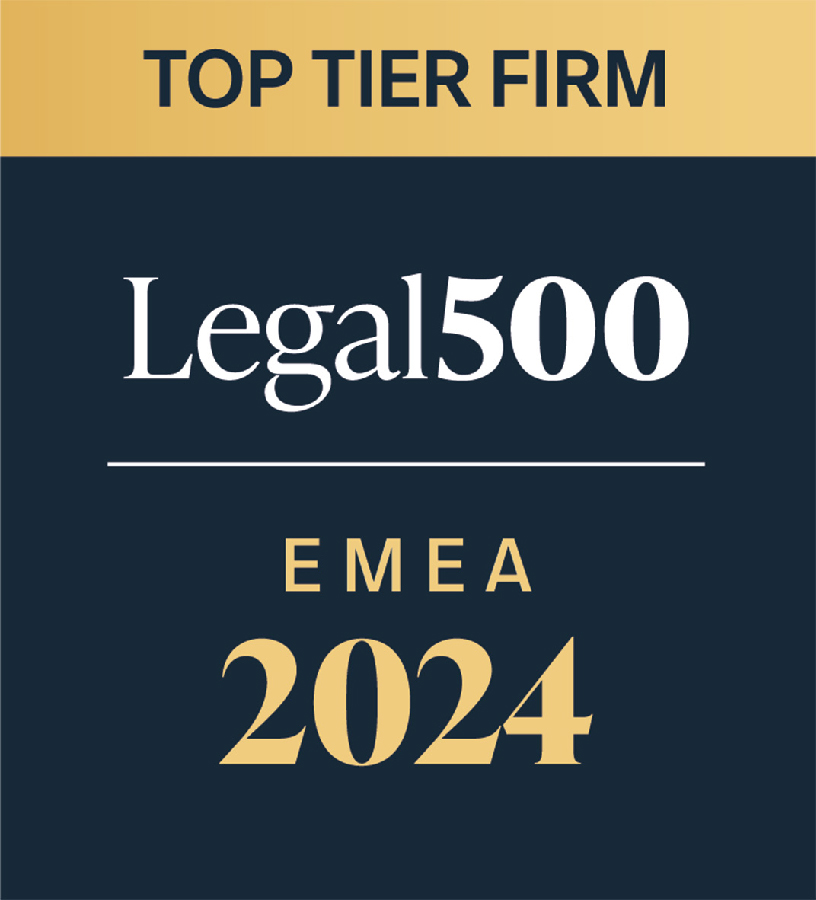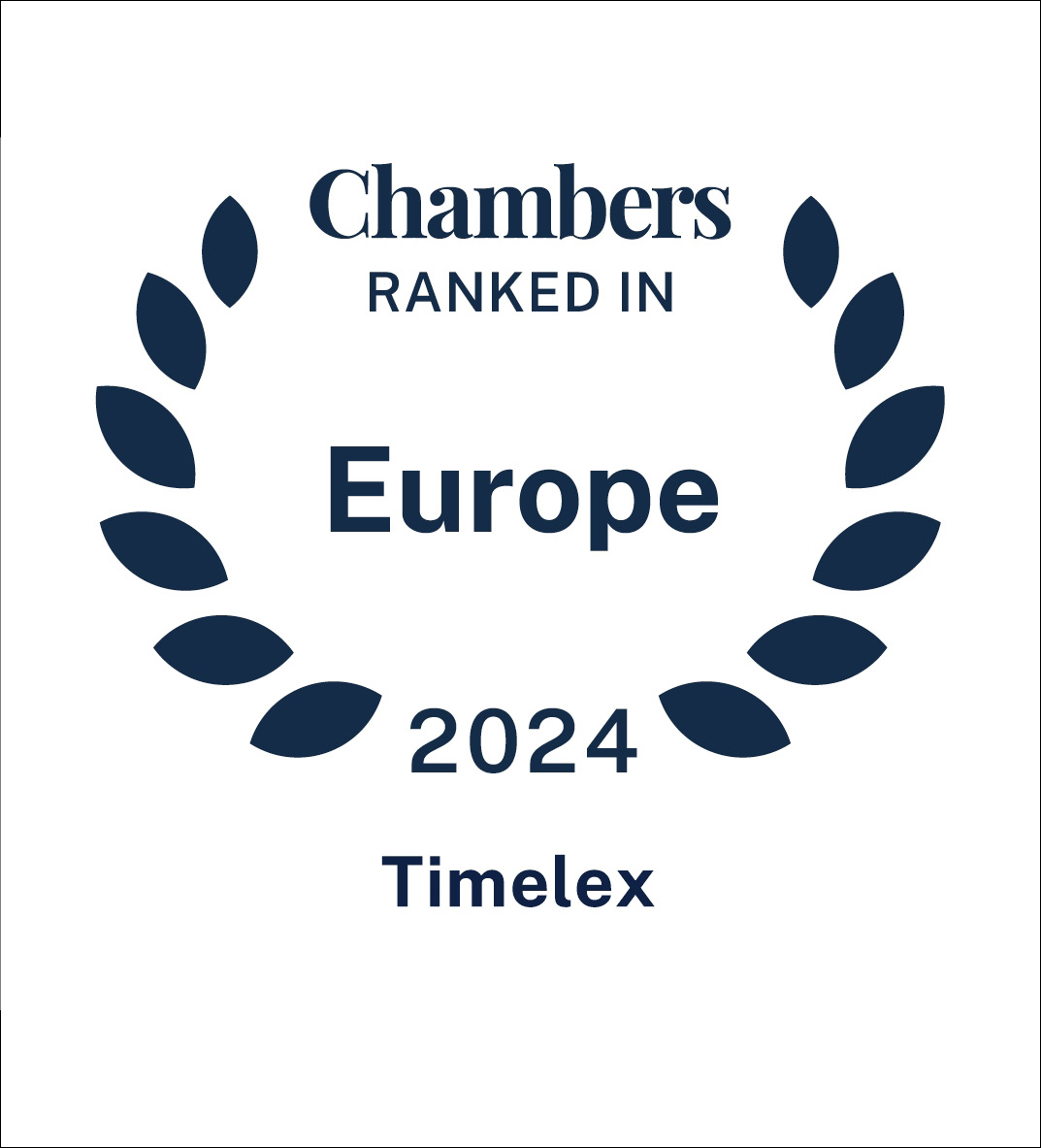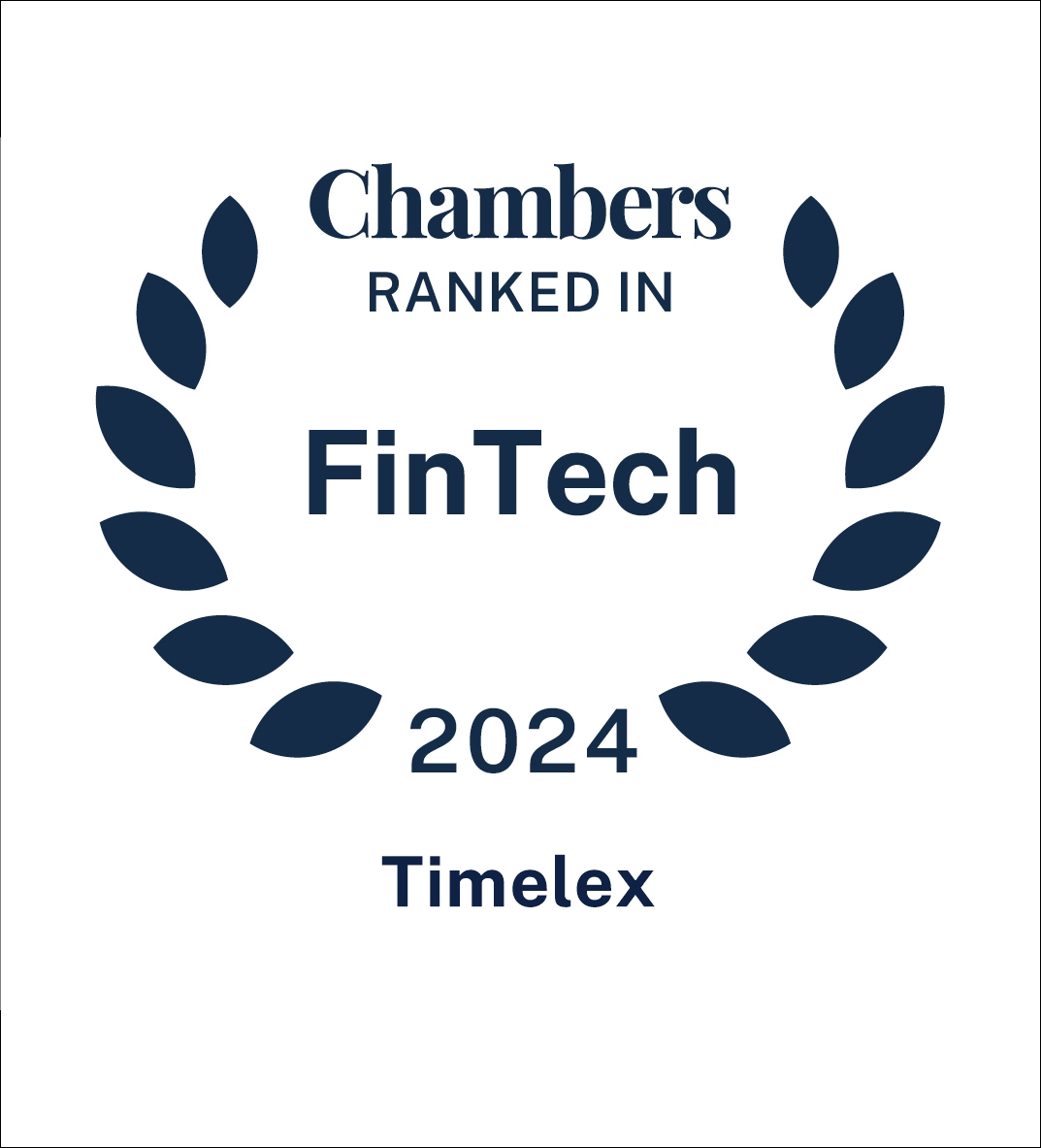Looking for?
CONVINCE
In recent years, robots are being increasingly deployed outside strictly controlled environments. When faced with unexpected situations, these robots are often incapable of taking appropriate actions and require human intervention. The goal of CONVINCE is to advance the capabilities of robots to perform complex tasks robustly and safely within unstructured environments via autonomous and unsupervised adaptation to the environment and operational context.
More specifically, the key contribution is to develop and verify cognitive deliberation capabilities that ensure safe robot operation over extended periods of time without human intervention. These capabilities will be integrated into a model-driven software toolchain to allow developers to build application-specific deliberation systems able to:
- determine robot’s behaviors required to fulfill a given task, also taking into account the context in which the robot operates and the experience gained during previous executions of the same task,
- deploy and configure the components that are required to execute these behaviors,
- automate the analysis of behaviors to ensure that they are safe and secure, leveraging on formal models and tools for design-time and run-time verification.
We will validate the results of the project CONVINCE on three different real-world use cases, each of which presents technical difficulties and utilizes robotic systems of increasing complexity, in different application domains.
Robot Vacuum Cleaner (UC1)
The robot's capabilities are limited, but it operates in diverse environments whose specific traits are impossible to foresee completely at the design stage. End-users require vacuum cleaners that improve with time, learn the problematic corners, areas, and objects of their home, to avoid getting stuck.
Assembly Robot (UC2)
Two manipulators undertake an assembly task. Parts are available in the environment in no prescribed order and should be assembled based on their shape. Occlusions or difficult lighting conditions may impair the visual system. Some parts may be missing or occluded or restrained by other parts.
Robotic Museum Guide (UC3)
A humanoid robot is utilized to guide visitors inside a museum, describing the artworks. The robot requires network connectivity to fully operate, its behavior should change depending on the available functionalities (i.e., if off-board computation is temporarily unavailable). The environment may change due to the presence of humans that obstruct the path or stand in front of artworks. The robot should detect such situations and decide whether to modify the tour to skip artworks that are currently unavailable.
Our role
Timelex leads the legal and ethical work in the project, ensuring compliance of the project with applicable data protection legislation, both at the EU level through the GDPR and at the level of residual national legislation. Additionally, the legal and ethical work will focus on the matter of AI and legal and ethical concerns following therefrom based on current guidelines on the ethical use of AI and upcoming regulation, such as the EU’s Artificial Intelligence Act. Timelex can build upon its considerate experience acting as legal and ethics advisor in Horizon 2020 projects that will be leveraged and expanded throughout this project.

Project details
More information about the CONVINCE project can be found on the project website: https://convince-project.eu/ and the project page on the CORDIS website: https://cordis.europa.eu/project/id/101070227.
Funded by the European Union. This project has received funding from the European Commission’s Horizon Europe programme under Grant Agreement No. 101070227. Views and opinions expressed are however those of the author(s) only and do not necessarily reflect those of the European Union or the European Commission. Neither the European Union nor the granting authority can be held responsible for them.





